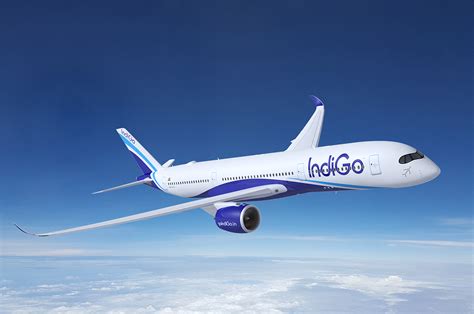
ICAO logo Web MS Office
Africa has 731 airports and 419 airlines with an aviation industry that supports around 6.9 million jobs and $80 billion in economic activity. The International Air Transport Association (IATA) alluded to the fact that the continent is set to become one of the fastest-growing aviation regions in the next 20 years with an annual expansion of nearly 5%.
To buttress the claim, the International Civil Aviation Organisation (ICAO) Secretary-General Dr. Fang Liu has highlighted the tremendous potential future for aviation in Africa that could be achieved through the realization of regional commitments as she underscored the critical role aviation should play in states’ pandemic recovery planning.
“In order for ICAO economic policies and guidance to be suitably customized to the African context, we must first ensure due to alignment among the Lomé Declaration on air cargo development in Africa, the Antananarivo Declaration on sustainable air transport development in Africa, and the Single African Air Transport Market (SAATM) as outlined in the Yamoussoukro Decision (YD),” Liu remarked.
She noted that the implementation of the two Declarations is currently being monitored by ICAO through State Air Transport Action Plans (SATAPs), and via activities conducted in accordance with recommendation 10 of the ICAO Council Aviation Recovery Taskforce (CART).
Dr. Liu stated this while addressing Africa’s aviation leaders last week at the opening of the 2021 AFI Aviation Week, saying that over recent years, overall safety confidence and performance in the AFI region has improved in tandem with a dramatic decrease in the number of Significant Safety Concerns (SSCs), from seven in 2015 to just one in 2021.
According to her, “assistance provided to States by ICAO Regional Office Safety Teams (ROST) through the AFI Plan, coupled with partner support provided to various States, played a big part in achieving this result, with many AFI Plan support activities have provided even since the advent of the pandemic. Nonetheless, the AFI Region’s EI average is still below the global average and continues to fall short of the 60% EI target set by the Abuja Declaration (2012), highlighting the importance of maintaining current momentum on the AFI Plan work program.
Similarly, continued improvement and effective coordination under the AFI SECFAL Plan are being achieved, in particular, with respect to ongoing virtual support to State-specific projects, the conduct of limited scope USAP CMA audits, the promotion of ICAO’s Year of Security Culture (YOSC) workshops, the delivery of AVSEC and FAL implementation packs (iPacks), and the coordination of courses and seminars.”
Building on this momentum, the Secretary-General highlighted that air transport growth rates in Africa were among the fastest in the world prior to COVID-19, noting however that “we must also recognize together that recent results could have been much more robust if not for persisting regulatory barriers, financial constraints, and the slow pace of air transport liberalization here.”
ICAO is assisting African States in more effectively addressing ICAO’s policies and guidance on the economic regulation of international air transport, in collaboration with a variety of regional multilateral organizations. A high degree of priority has been assigned to the implementation of Assembly Resolution A40-9-the Consolidated statement of continuing ICAO policies in the air transport field and the relevant outcomes of the sixth ICAO Air Transport conference.
Views: 4



